Medicine details
| Image |  |
| Name | Tyronib |
| Dosage | Tablet |
| Generic Name | Imatinib |
| Classes |
Anticancer/Antineoplastic Agent |
| Diseases |
Bone Marrow Disorder Cancer Leukemia Skin Cancer Tumor |
| Company | Healthcare Pharmaceuticals Ltd. |
Drug Package Details
| Strength | 100 mg |
| Storage Condition | |
| Origin Country | Bangladesh |
| Commercial Pack | 30 |
| Price per pack | ৳ 3,000.00 |
| Cost per pack | ৳ 2,640.00 |
| Package unit | 10 tabs strip |
| Price per unit | ৳ 100.00 |
| Cost per unit | ৳ 88.00 |
| Discount | 0 |
| Coupon | |
| Remarks |
Imatinib
Imatinib mesylate is an anticancer drug. It belongs to the class protein tyrosine kinase inhibitor that inhibits the bcr-abl tyrosine kinase, the constitutive abnormal tyrosine kinase created by the Philadelphia chromosome abnormality in chronic myelogenous leukemia. In bcr-abl positive cell lines as well as fresh leukemic cells from Philadelphia chromosome positive chronic myeloid leukemia, imatinib inhibits proliferation and induces apoptosis. Imatinib inhibits colony formation in CML patients' ex vivo peripheral blood and bone marrow samples.
Imatinib is indicated for the following conditions-
- Newly diagnosed adult patients with Philadelphia chromosome positive chronic myeloid leukemia (Ph+ CML) in chronic phase. Follow-up is limited to 5 years
- Patients with Philadelphia chromosome positive chronic myeloid leukemia (Ph+ CML) in blast crisis (BC), accelerated phase (AP), or in chronic phase (CP) after failure of interferon-alpha therapy
- Pediatric patients with Ph+ CML in chronic phase who are newly diagnosed or whose disease has recurred after stem cell transplant or who are resistant to interferon-alpha therapy. There are no controlled trials in pediatric patients demonstrating a clinical benefit, such as improvement in disease-related symptoms or increased survival.
- Adult patients with relapsed or refractory Philadelphia chromosome positive acute lymphoblastic leukemia (Ph+ ALL).
- Adult patients with myelodysplastic/ myeloproliferative diseases (MDS/MPD) associated with PDGFR (platelet-derived growth factor receptor) gene re-arrangements.
- Adult patients with aggressive systemic mastocytosis (ASM) without the D816V c-Kit mutation or with cKit mutational status unknown.
- Adult patients with hypereosinophilic syndrome (HES) and/or chronic eosinophilic leukemia (CEL) who have the FIP1L1-PDGFRα fusion kinase (mutational analysis or FISH demonstration of CHIC2 allele deletion) and for patients with HES and/or CEL who are FIP1L1-PDGFRα fusion kinase negative or unknown.
- Adult patients with unresectable, recurrent and/or metastatic dermatofibrosarcoma protuberans (DFSP).
- Patients with Kit (CD117) positive unresectable and/or metastatic malignant gastrointestinal stromal tumors (GIST).
- Adults with Ph+ CML CP (2.1): 400 mg/day
- Adults with Ph+ CML AP or BC: 600 mg/day
- Pediatrics with Ph+ CML: 340 mg/m2/day or 260 mg/m2/day
- Adults with Ph+ ALL: 600 mg/day
- Adults with MDS/MPD: 400 mg/day
- Adults with ASM : 100 mg/day or 400 mg/day
- Adults with HES/CEL: 100 mg/day or 400 mg/day
- Adults with DFSP: 800 mg/day
- Adults with GIST: 400 mg/day
- Patients with mild to moderate hepatic impairment: 400 mg/day
- Patients with severe hepatic impairment: 300 mg/day
The most frequently reported adverse reactions were
- edema
- nausea
- vomiting
- muscle cramps
- musculoskeletal pain/ myalgia
- diarrhea
- rash
- fatigue
- abdominal pain
- When administered to a pregnant woman, fetal harm can occur. Women should be informed about the risks to the fetus.
- There has been edema and severe fluid retention. Weigh patients on a regular basis and use drug interruption and diuretics to manage unexpected rapid weight gain.
- Cytopenias have occurred, most notably anemia, neutropenia, and thrombocytopenia. Manage with dose reduction or interruption, and in rare cases, treatment discontinuation. Complete blood counts should be done weekly for the first month, biweekly for the second month, and then on a regular basis after that.
- There have been reports of severe congestive heart failure and left ventricular dysfunction, particularly in patients with comorbidities and risk factors. Patients with cardiac disease or who are at risk of developing cardiac failure should be monitored and treated.
- Thyroidectomy patients receiving levothyroxine replacement have been reported to have hypothyroidism. TSH levels in such patients should be closely monitored.
- Consider potential side effects, particularly liver, kidney, and cardiac toxicity, as well as immunosuppression from long-term use.
Contraindication
None known.
None known.
None known.

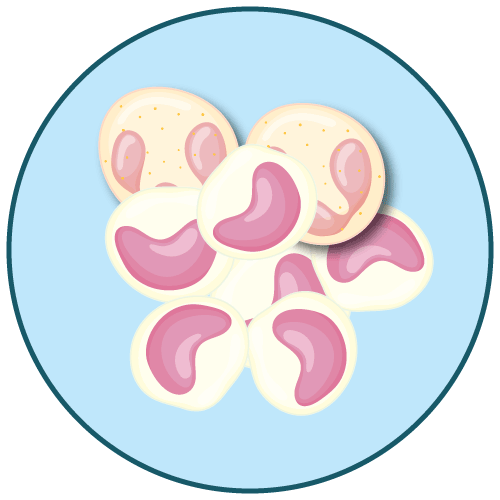
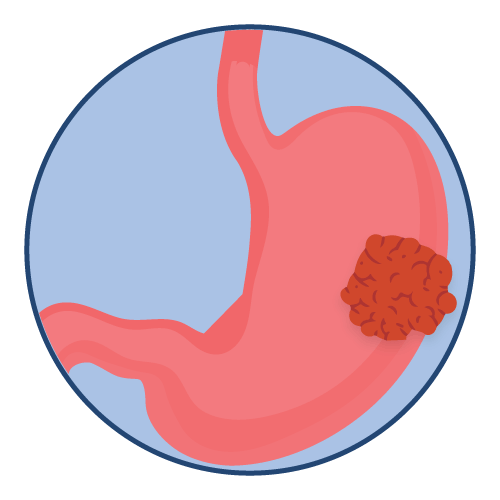
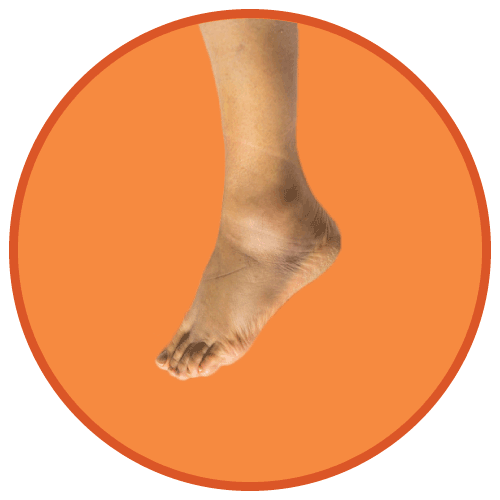

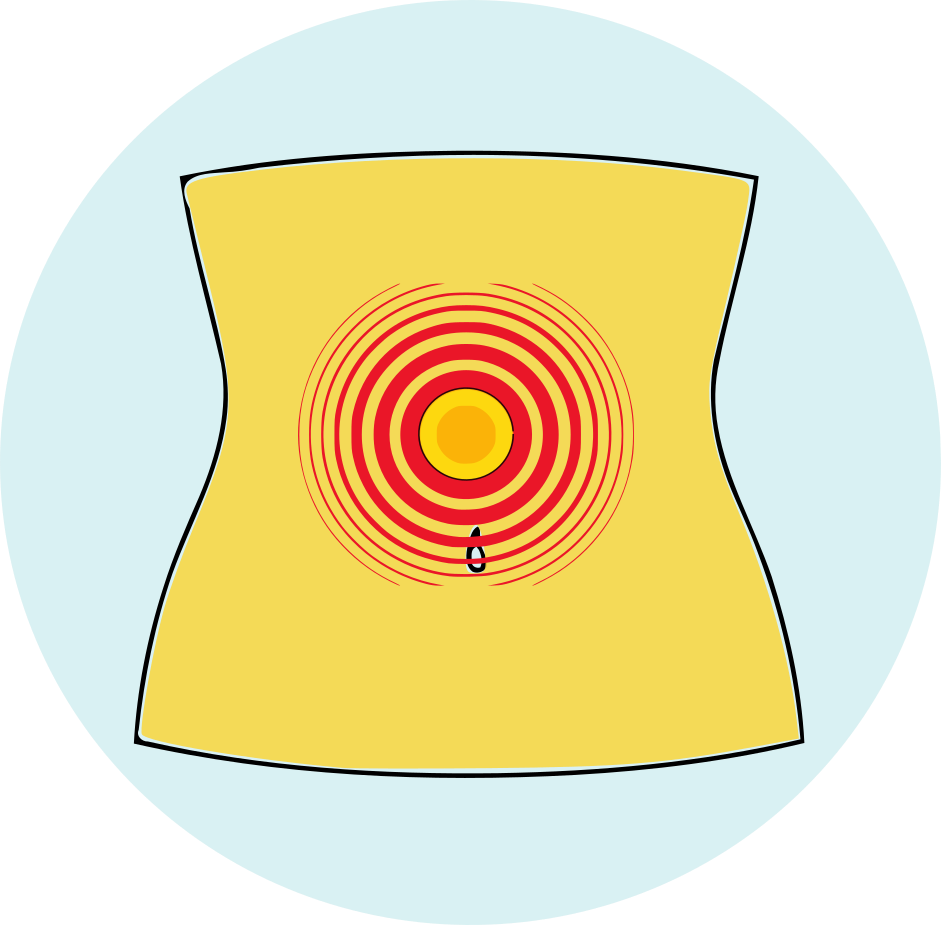
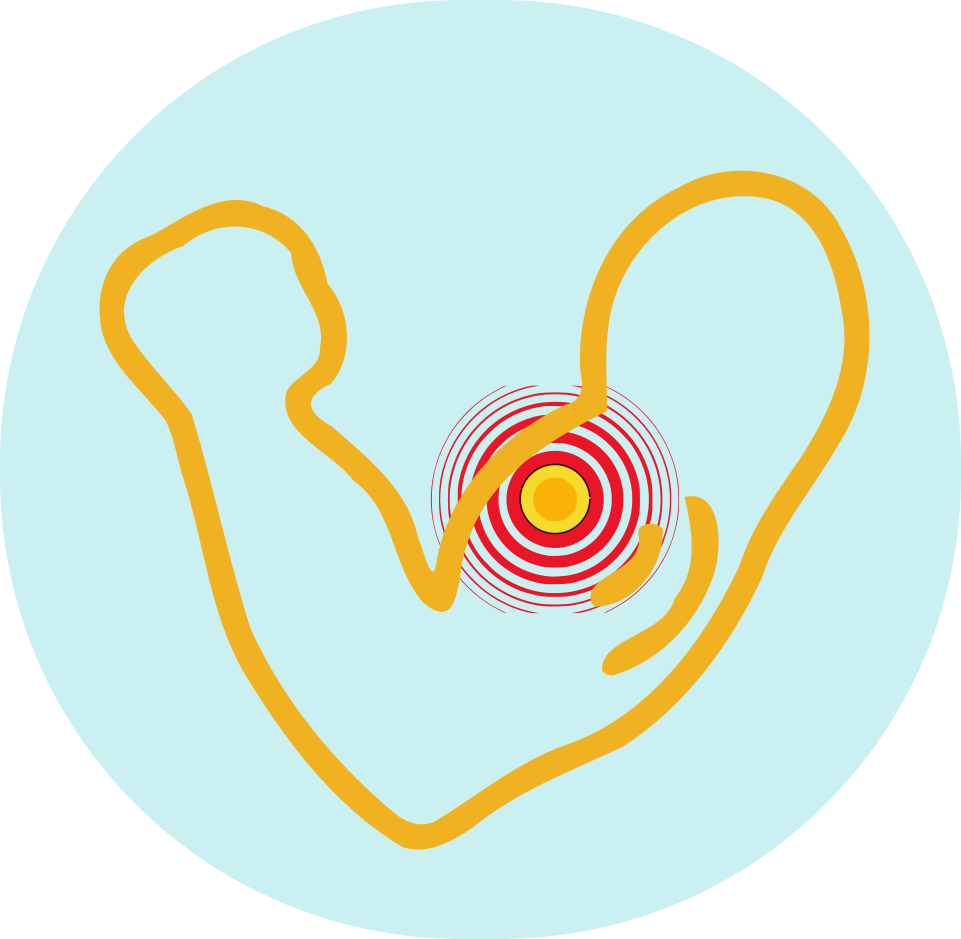

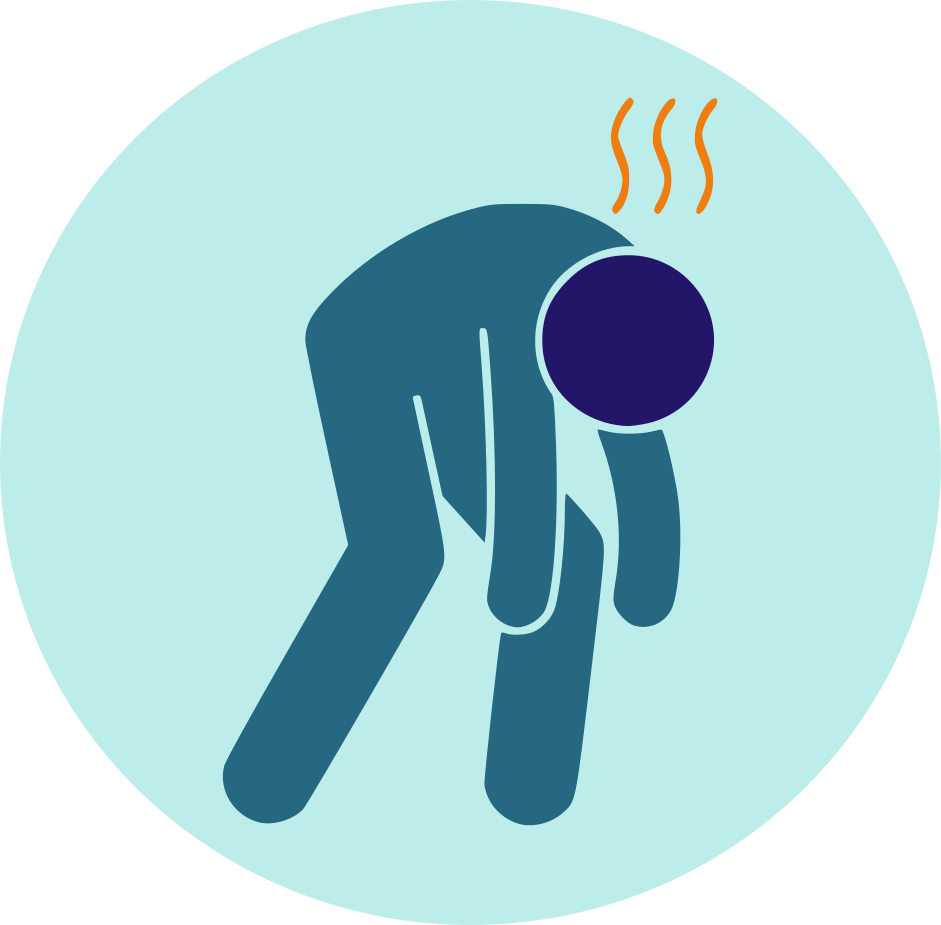
 Bangla
Bangla English
English